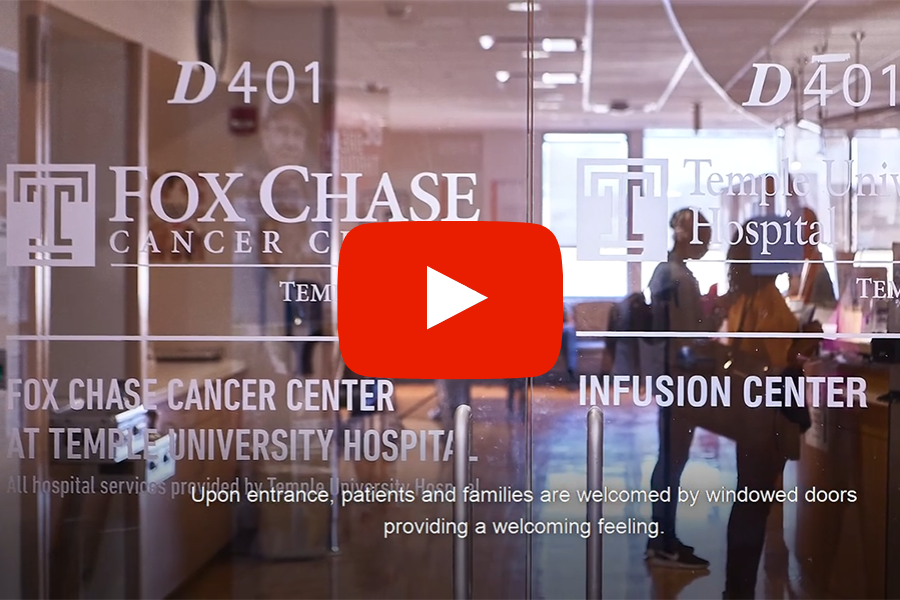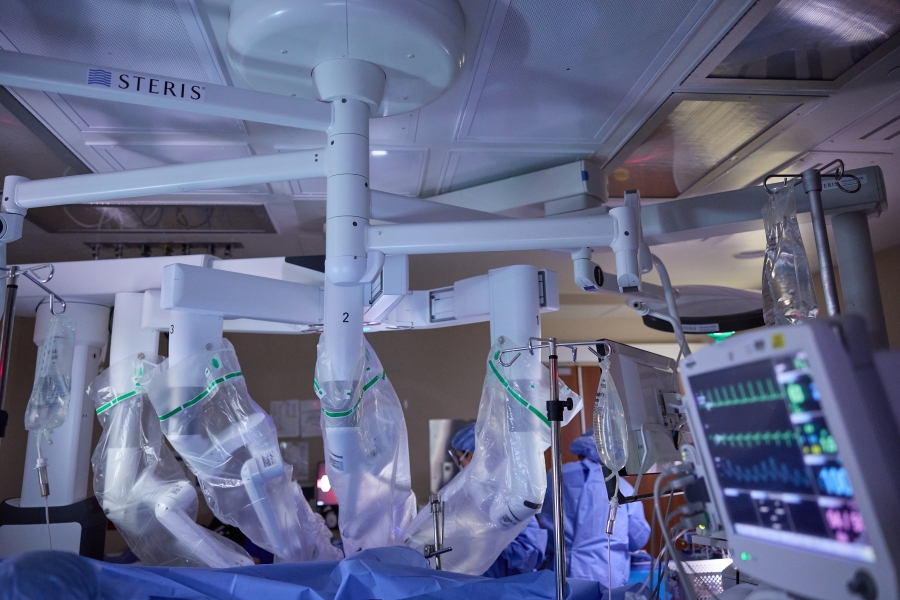What Are Urologic Cancers?
Urologic cancers can be found in a number of areas, including the adrenal glands, bladder, kidneys, prostate and testicles. Depending on what area is affected, the symptoms and treatment methods differ.
Risk Factors
There are many types of urologic cancers that are linked to very specific risk factors. These include:
-
Being male, as prostate and testicular cancer are both male-specific
-
Chronic irritation of the affected body part
-
Exposure to certain chemicals
-
Genetic mutations
-
Radiation exposure
-
Smoking or using other tobacco products
Symptoms
When urologic cancer strikes, symptoms may vary based on the part of the body affected by the cancer.
-
Adrenal glands — When the adrenal glands are affected, cancer can cause an enlarged penis or clitoris; early onset of puberty, including early breast development and menstruation in girls or enlarged breasts in boys; difficulty performing sexually for men; and in women, a lowered voice, receding hairline and irregular menstruation.
-
Bladder — Frequent and painful urination, pain in the pelvis, blood in the urine and back pain may develop.
-
Kidney — Cancer in the kidneys can cause loss of appetite, persistent fever, anemia, lump on the lower back or side, fatigue, or blood in the urine.
-
Prostate — Prostate cancer may cause hip, spine, pelvis or upper leg pain; blood in the urine and semen; trouble urinating; and difficulty achieving an erection.
-
Testicles — Men with testicular cancer can experience back pain, a lump in the testicle, dull aching felt in the abdomen or groin and a heavy feeling or fluid collection in the scrotum.
Treatment Options
Appropriate treatment is vital for overcoming urologic cancers. Treatment options include:
-
Chemotherapy — Specialized medication is administered via pill, injection or intravenously to kill cancerous cells.
-
Radiation therapy — High-powered energy is aimed at cancerous cells to destroy the tumors.
-
Surgery — Surgery may be performed using open, minimally invasive or robotic-assisted techniques to remove the cancerous areas. Frequently, nearby lymph nodes are also removed.
Ready for an Appointment?
If you're experiencing signs or symptoms of urologic cancers, schedule an appointment or call 800-TEMPLE-MED (800-836-7536) today.
Learn more about our doctors and care team who diagnose and treat urologic cancers.

